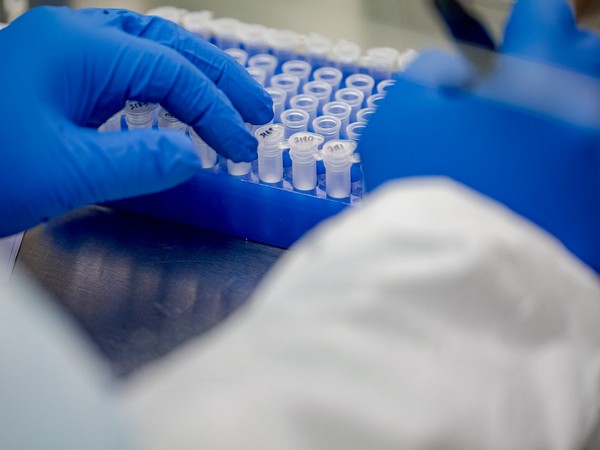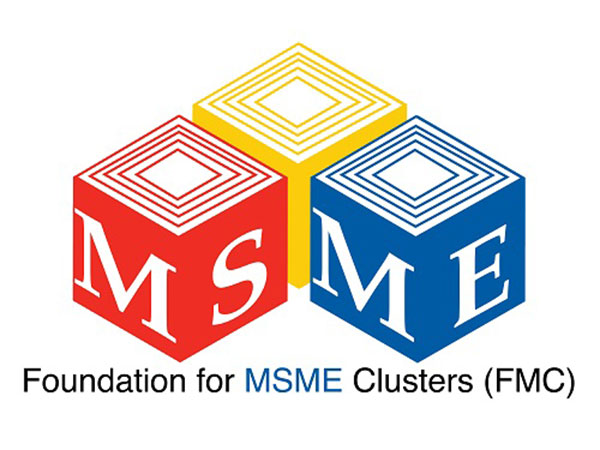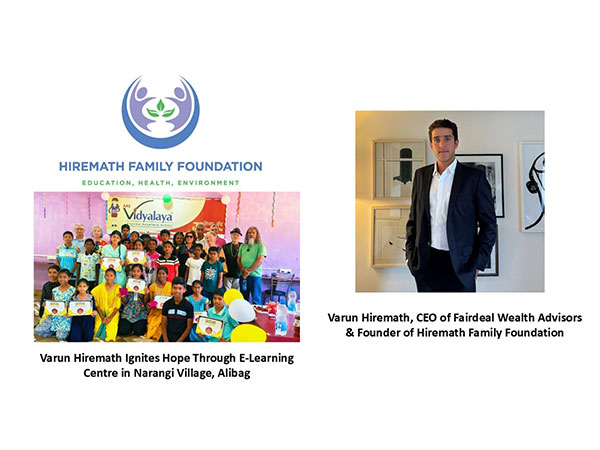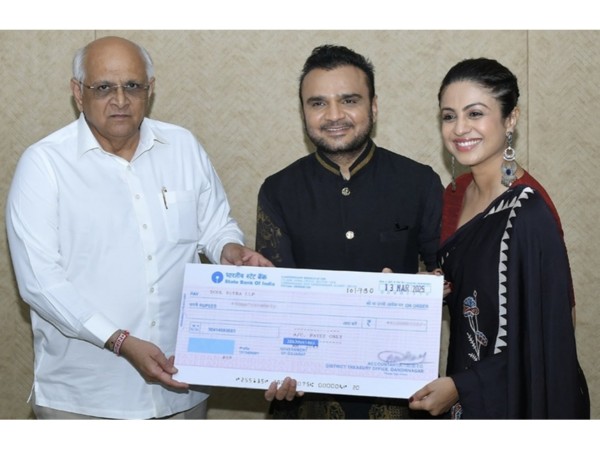
S. Korea's daily virus cases hit new record high amid relaxed virus curbs
Nov 18, 2021
Seoul (South Korea), November 18: South Korea's new coronavirus cases hit an all-time high on Thursday since the start of the pandemic amid eased social distancing rules, putting health authorities on alert over further upticks.
The country reported a record high of 3,292 new daily cases, including 3,272 local infections, raising the total caseload to 406,065, according to the Korea Disease Control and Prevention Agency (KDCA).
Thursday's daily caseload marks the highest since the country reported its first COVID-19 case in January last year and exceeds the previous record of 3,270 reported on Sept. 25.
The surge in daily cases came after the country began easing antivirus restrictions for a gradual return to pre-pandemic life under the "living with COVID-19" scheme earlier this month.
Daily cases have stayed in the quadruple digits since July 7 amid growing cluster infections.
The country added 29 more deaths from COVID-19, bringing the death toll to 3,187. The fatality rate stood at 0.78 percent.
Of the locally transmitted cases, Seoul reported the second highest figure of 1,423, while 965 were reported in the surrounding province of Gyeonggi and 195 in Incheon, a port city just west of Seoul.
The number of critically ill COVID-19 patients reached 506, down 16 from an all-time high of 522 the previous day.
The health authorities earlier said they can manage around up to 500 critically ill patients in a stable manner under the current medical capacity.
Breakthrough infections, particularly among senior citizens at nursing homes and hospitals, also led to the drastic increase, as vaccine effectiveness has been waning for those who received the shots earlier this year.
On Nov. 1, the government began its "living with COVID-19" policy as part of a broader plan to lift the virus restrictions by the end of February.
South Korea planned to move to the second phase in mid-December after a two-week evaluation period, but health authorities have warned the country may not be able to advance the scheme if the current trend continues.
The KDCA put forth a new five-tier system Wednesday to assess the COVID-19 risk level on a weekly basis and to decide whether to continue the eased social distancing scheme.
If the risk level reaches the fourth degree or higher, the government is supposed to carry out an "emergency evaluation" of the pandemic situation for the potential enforcement of contingency plans while halting the relaxed curbs.
The authorities will also immediately review whether to carry out contingency plans if hospital bed occupancy for severe cases surpasses the 75 percent threshold, according to the KDCA.
The government is grappling with a growing shortage of hospital beds reserved for seriously ill patients, as well as medical workers.
The bed occupancy rate in intensive care units for COVID-19 patients stood at 80.9 percent in Seoul and 63.8 percent for the entire country, which is lower than the threshold.
A total of 42.11 million people, or 82 percent of the country's population, have received their first shots of COVID-19 vaccines, and 40.31 million people, or 78.5 percent, have been fully vaccinated, the KDCA said.
Nearly 500,000 high school seniors and other college aspirants across the country sat down to take the annual national college entrance test Thursday amid the pandemic.
Source: Yonhap









